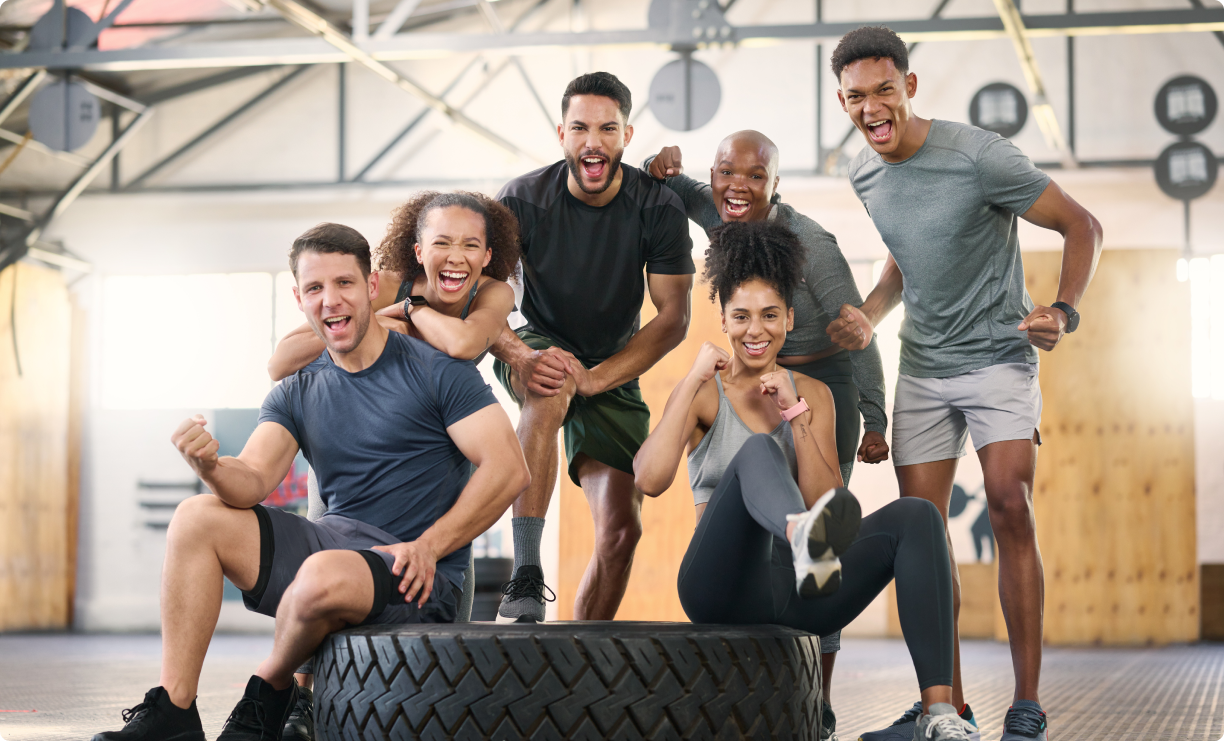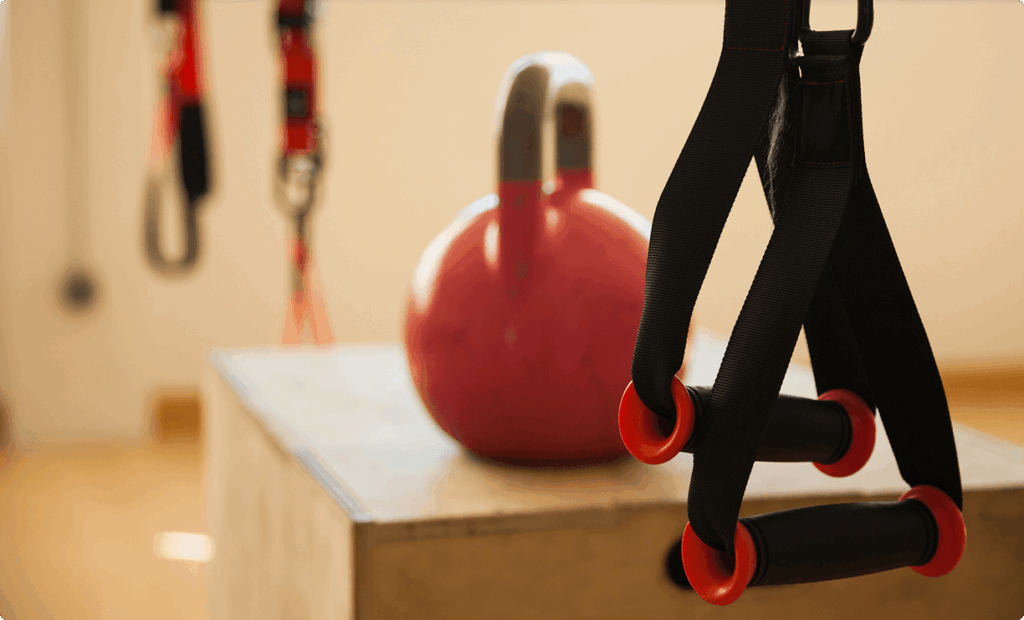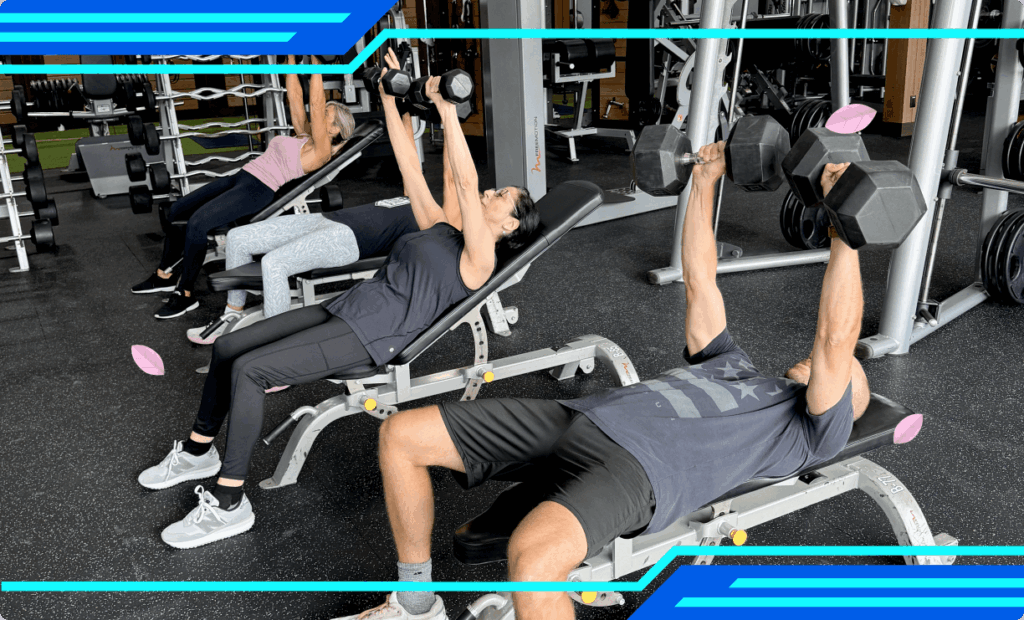As the summer heat begins to wane and the leaves start to change, athletes everywhere know that fall sports season is just around the corner. Whether you’re gearing up for football, soccer, cross country, or any other autumn sport, the off-season presents a crucial window for preparation. Off-season training isn’t just about maintaining fitness; it’s about building strength, enhancing agility, and honing skills to perform at your best when it matters most.
At Vision Sports Club, we understand the importance of strategic training and preparation. Our sports-specific training programs are designed to help athletes of all levels, including high school athletes, achieve their peak performance. From tailored workouts to expert guidance, our programs provide the tools and support needed to excel in your sport. In this blog, we will discuss 7 tips for off-season sports training, we’ll also address some common questions about and share expert tips to help you optimize your preparation for the upcoming season.
7 Off-season Training Tips
1. Focus on Strength-Building
During the off-season, emphasize building a solid foundation. Incorporate compound exercises such as squats, deadlifts, and bench presses to develop overall strength. Aim to gradually increase the weight and intensity to continuously challenge your muscles.
2. Enhance Agility and Speed
Agility and speed are crucial for many sports. Include plyometric exercises like box jumps, lateral hops, and agility ladder drills in your training routine. These exercises will help improve your explosive power and quickness on the field or court.
3. Work on Skill Development
Take the time to refine and enhance your sport-specific skills. Whether it’s dribbling in soccer, shooting in basketball, or passing in football, dedicate practice sessions to focus on technique and precision. Consistent practice will lead to noticeable improvements in your performance.
4. Prioritize Flexibility and Mobility
Flexibility and mobility are often overlooked but are essential for preventing injuries and improving overall performance. Incorporate dynamic stretches, yoga, and foam rolling into your routine to maintain and improve your range of motion.
5. Incorporate Cardiovascular Conditioning
Maintain cardiovascular fitness by including regular cardio sessions in your training plan. Running, cycling, swimming, or interval training can help keep your endurance levels high and ensure you’re ready for the demands of your sport.
6. Schedule Rest and Recovery
Rest and recovery are critical components of any training program. Ensure you have rest days scheduled to allow your muscles to repair and grow. Adequate sleep, proper nutrition, and active recovery techniques like light stretching or low-intensity activities can aid in recovery.
7. Stay Consistent
Consistency is key to off-season training success. Stick to your training schedule, stay motivated, and track your progress. Set achievable goals and work towards them steadily to see continuous improvement.
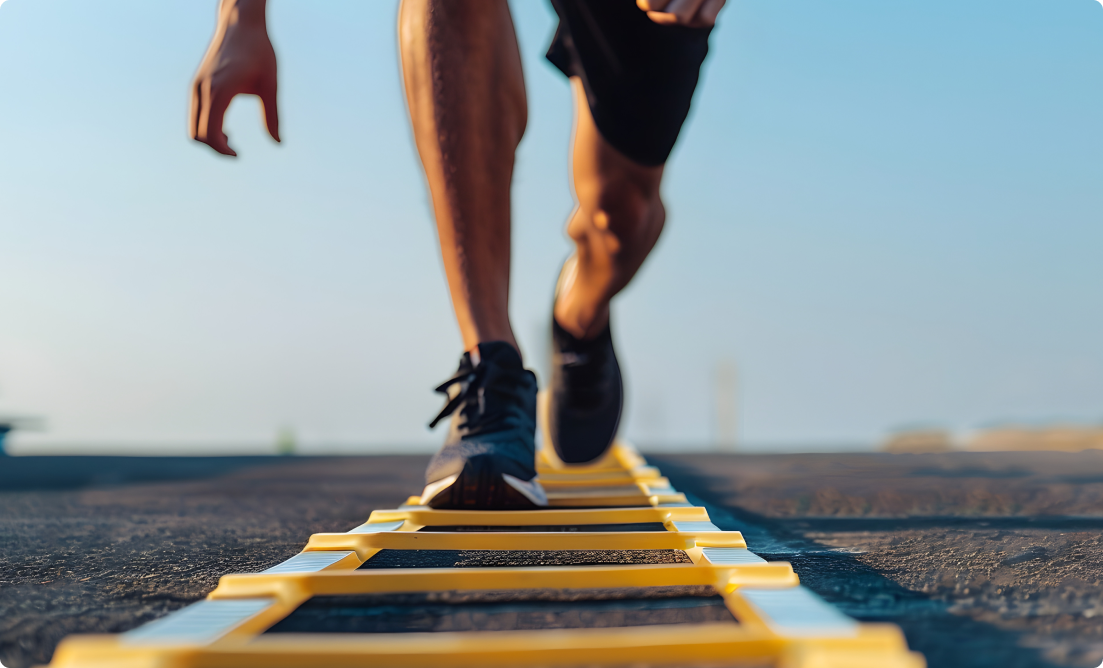
Common Questions About Off-Season Training
Q1. Why is off-season training important?
Answer: Off-season training is crucial because it allows athletes to recover from the rigors of the previous season while also building a solid foundation for the upcoming one. This period is ideal for focusing on strength and conditioning, addressing any imbalances, and working on skills that may not be the primary focus during the competitive season. Proper off-season training can lead to improved performance, reduced injury risk, and overall better athletic development.
Q2. How should I structure my off-season training?
Answer: A well-structured off-season training program should include a mix of strength training, cardiovascular conditioning, skill development, and flexibility exercises. The key is to periodize your training, meaning you should have different phases focusing on different aspects of fitness. For example, the early off-season might focus more on building strength and correcting imbalances, while the later stages might emphasize sport-specific conditioning and skill refinement.
Q3. What are some essential exercises for off-season training?
Answer: Essential exercises will vary depending on your sport, but generally, compound movements like squats, deadlifts, and bench presses are great for building overall strength. Plyometric exercises such as box jumps and agility drills can enhance explosive power and speed. Additionally, incorporating exercises that improve core stability and flexibility, like planks and dynamic stretches, is important for overall athletic performance.
Q4. How can I prevent injuries during off-season training?
Answer: Injury prevention starts with a well-rounded training program that includes proper warm-ups, cool-downs, and stretching routines. It’s also important to listen to your body and avoid overtraining. Incorporating rest and recovery days into your schedule is crucial.
Additionally, working with a knowledgeable coach or trainer who can provide proper guidance and technique correction can greatly reduce the risk of injury. If you do experience an injury, incorporating physical therapy into your recovery plan can help ensure a safe and effective return to training.
Q5. How can Vision Sports Club help with my off-season training?
Answer: Vision Sports Performance Academy offers a range of training options to enhance an athlete’s performance both on and off the field. Whether through private 1:1 sessions, customized programs, small group training, or team-oriented sessions, athletes benefit from improved speed, agility, and strength skills.
The academy emphasizes a comprehensive approach to training, beginning with a dynamic warm-up to prepare athletes for sessions focused on movement optimization and strength development. Movement sessions aim to enhance linear and change of direction abilities while minimizing injury risks, while strength sessions focus on increasing strength, power, and explosiveness while maintaining flexibility. This holistic approach aims to build a strong athletic foundation essential for success in any sport, helping athletes achieve their training goals and maximize their athletic potential.
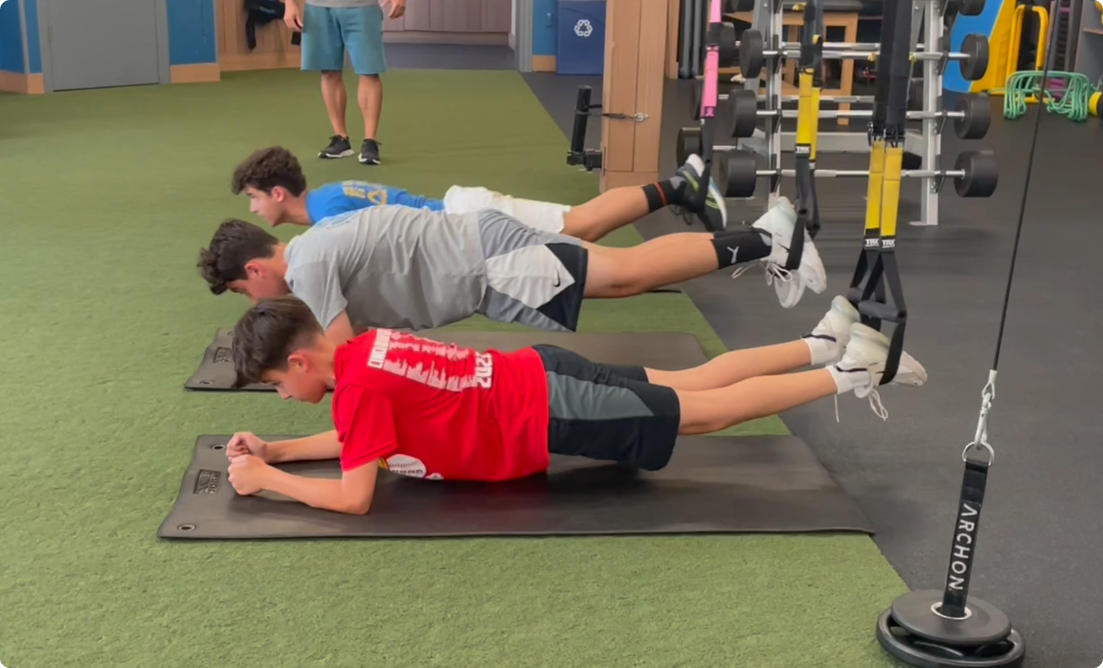
Meet Ed, Our Sports Performance Expert
We’re excited to introduce Ed Weiss, our dedicated personal trainer, who specializes in sports performance training. With years of experience and a passion for helping athletes excel, Ed is committed to creating customized training programs that address your specific goals and needs. Whether you’re looking to build strength, improve your skills, or stay injury-free, our programs, guided by Ed’s expertise, are designed to help you succeed.
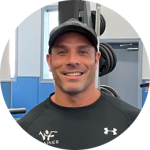
“In order to have success, one needs good coaching and lots of practice, along with gaining mental strength. This happens on and off the field through practice & training. My goal is to help you become a better version of yourself.”
Ed Weiss
Certified functional strength coach (CFSC) , Certified personal trainer with AAPT
Prepare for Fall Games with Vision Sports Club
The off-season is a critical time for athletes to prepare for the demands of the upcoming fall sports season. By focusing on strength, conditioning, and skill development, you can enter the season stronger, faster, and more confident. At Vision Sports Club, we’re here to support you every step of the way with our comprehensive sports-specific training programs. Start your off-season training today and get ready to achieve your best performance yet!
For more information on our sports performance programs, visit our website or contact us directly. We’re excited to help you achieve your athletic goals and excel in your chosen sport. Whether you’re a seasoned athlete or just starting out, our team is here to provide the guidance and support you need.
